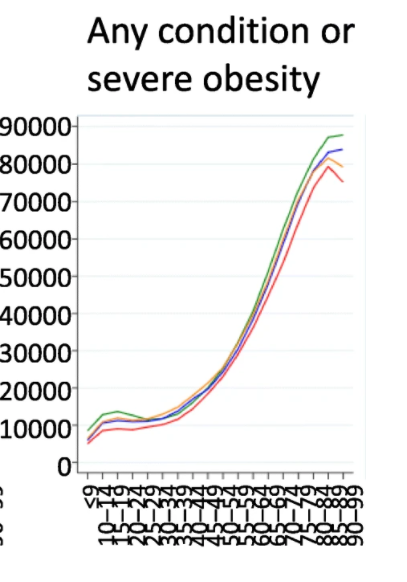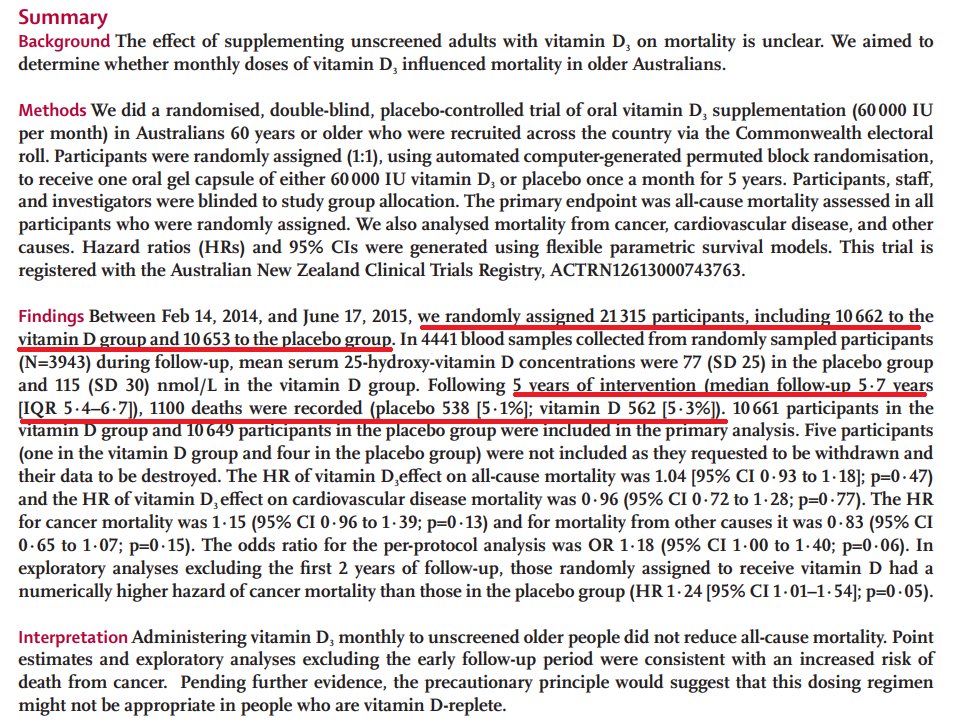
I actually think this study is a really interesting example of how school closures have become a political battleground where scientific evidence largely doesn't matter
https://twitter.com/GidMK/status/1489324351141085189
No one has ever argued, as far as I know, that ALL homeschooling is bad for kids. The discussion is always around a specific form of homeschooling where underprepared teachers with no resources are forced to homeschool kids during a pandemic
"Closing schools" isn't really about CLOSING the schools, but about whether the relative impact on kids when they learn from home IN A SPECIFIC SITUATION is bad
The reason this is all so interesting is because I suspect even the most vocal critics of school closures believe that there are ways of learning from home that are not harmful in the least. No one has called for religious homeschooling to be banned forever, for example
There have been online schools since the late 90s! I had kids in my year who did languages online because my high school didn't offer them. No one campaigned against those for some reason
So while the discussion has become wildly political, I suspect that everyone would agree that SUFFICIENTLY GOOD online schooling really is a replacement for in-person lessons
In that context, we might see this study as evidence that the Swiss model of distance learning is more effective than what was trialed in the US/elsewhere and incorporate that into discussions about interventions and future pandemics
Conversely, we could all yell at each other about how we hate kids, because it's obviously more fun to toss around insults than engage in reasonable conversations
• • •
Missing some Tweet in this thread? You can try to
force a refresh











